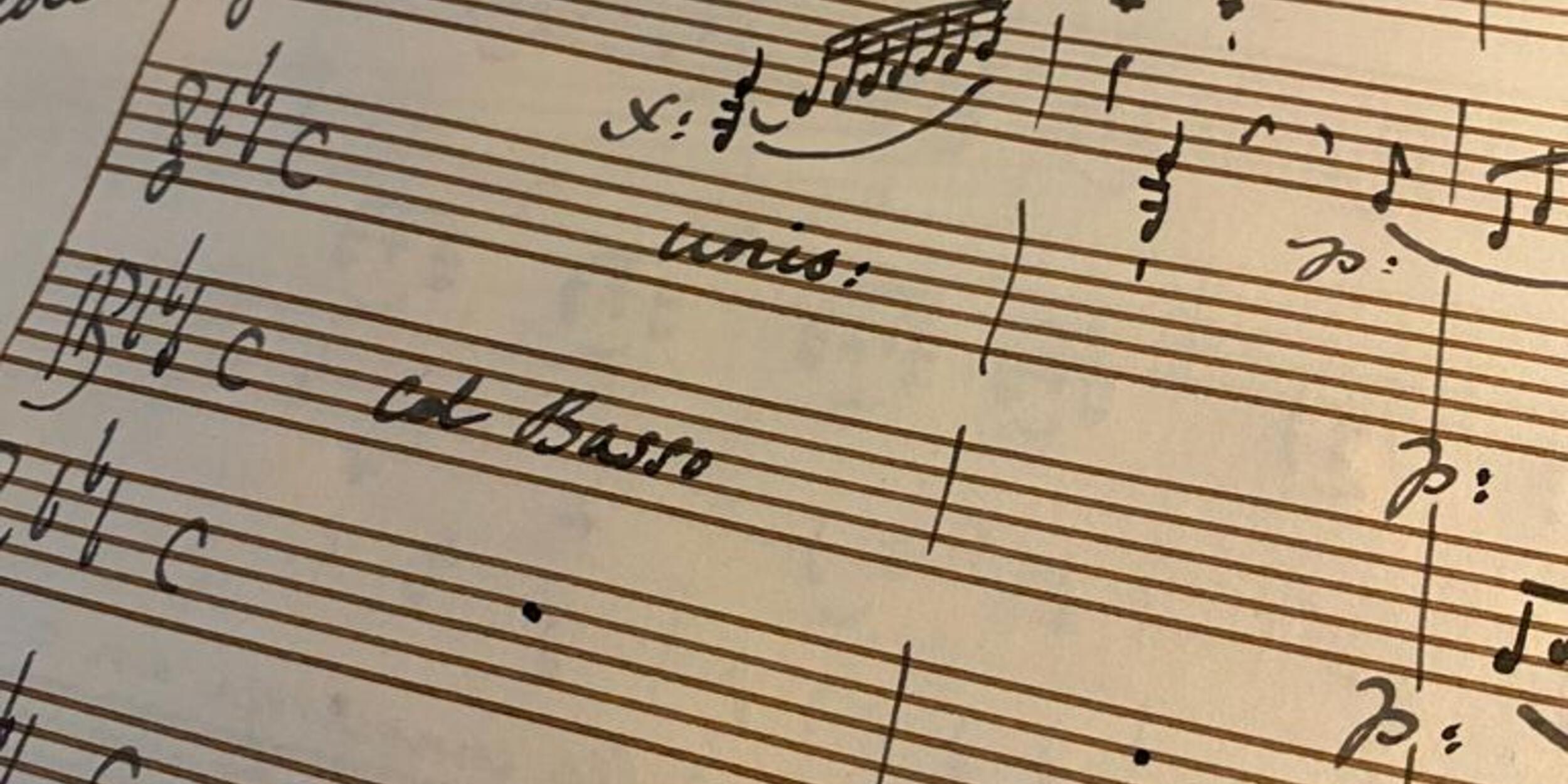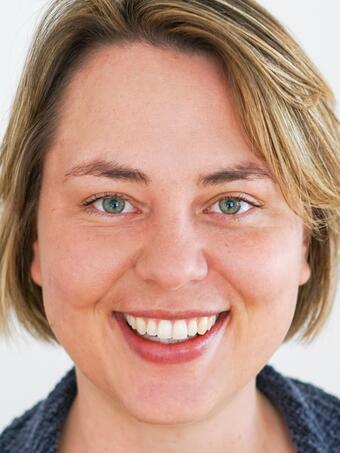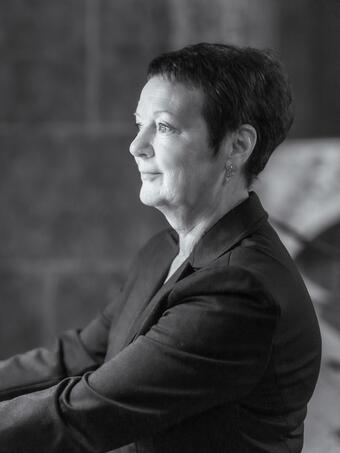Music theory

Overview
The bachelor's degree programme in music theory teaches students to deal confidently with contemporary and historical material and pushes them to be open in their engagement with newly developing art forms. In order to nurture students' individual interests, the programme offers the chance to specialse at an early stage in the course.
Department of Studies & Examinations
+43 676 88122 492
studienabteilung@moz.ac.at
Length of course
8 semesters / 240 ECTS-AP
Language
German
Application period
1.2.–28.2.2025
Auditions
summer semester each year
dates see at "Audition dates"
overview of all dates
Downloads
General information
The study programme is oriented towards the current state of development in the arts as well as the state of research in the academic disciplines involved. The Bachelor's degree programme is designed to help students develop their creative and reflective abilities to a high level, and aims to provide practice-oriented and academically sound preparation for a career in the following fields:
- freelance music theorist
- freelance composer
- academic teacher of music theory (or composition)
- conductor
- performing musician
- mentoring in theory and interpretation for ensembles and individual musicians
- arrangement and applied composition
- work in recording studios
The degree programme also serves to qualify students for professional activities in all institutions relevant to music: festivals, radio stations and television channels, the recording industry, artists' agencies, music management, publishing houses, trade journals, etc., in which the application of artistic and scholarly knowledge and methods is required. In addition, the degree programme contributes to students' personal development and the furthering of their social skills. Students will learn to perceive and help shape developments in the arts and in society as a whole.
The aim of the study programme is to enable students to reach the peak of their creative or reflective abilities and to impart a confident handling of musical material in all genres (instrumental, vocal and electronic music). The composition programme at the Mozarteum University is characterised by the fact that, in addition to the elective options required within the framework of the curriculum, students can choose electives to build an individual focus as part of their studies.
Obvious specialisations for the study of composition include Electronic Music and Audiovisual Media, Musicology, Early Music, New Music, Conducting, Jazz and Popular Music and Applied Composition. Students can choose from the courses offered by various institutes of the Mozarteum University and the Paris Lodron University Salzburg.
The curriculum is competence-oriented. Suitable candidates for the course will demonstrate:
- Above-average levels of creativity, general and musical intelligence, and communicative, social and linguistic competence.
- Ability and willingness to reflect on as well as to engage in dialogue about one's own artistic works and views.
Upon completion of the programme, students should:
- be technically and aesthetically proficient in the creation of a wide variety of works of contemporary composition
- be free and independent in their artistic work
- be able to critically engage with artistic and scholarly issues
- have acquired comprehensive knowledge of music theory and musicology and be able to apply it in practice
- have mastered the basics of academic working practices and be able to analyse, interpret and write about artistic content in a well-founded manner
- be able to use new media effectively
- have developed their individual interests beyond their own subject area through targeted in-depth study within the framework of elective subjects, in the spirit of lifelong learning
The eight-semester bachelor's degree programme is modular in structure. Each module comprises teaching and learning content that has been combined to form thematically and didactically meaningful units of study. The names and content descriptions (study objectives) of the individual modules, the number of ECTS credits to be achieved for each module, and the type of performance assessment are specified in the curriculum. The module descriptions refer to the corresponding learning outcomes and competencies. The Bachelor's programme is a face-to-face programme and cannot be offered - not even in part - as a distance learning programme. The courses from the Principal Study, as well as in other One-to-One Tuition, are designed to build upon each other. Prerequisite for enrolment in courses from the Principal Study or One-to-One Tutition is a positive evaluation of the previous semester (from the second semester onwards).
The curriculum provides an overview of the courses to be completed, which are grouped into modules.
The courses are visible online in Curriculum Support:
A prerequisite for beginning a bachelor's degree (BA) is passing an audition. Auditions take place once a year and consist of various partial exams. All information about the audition can be found under “Information about the admissions procedure” further down the page.
A high school diploma is not necessary.
PLEASE NOTE: You can only apply for study programmes for which you have not yet obtained a degree!
Students of the Bachelor's programme are encouraged to complete a semester abroad. Semesters 5 and 6 of the degree programme are particularly suitable for this. In addition to subject-specific competences, a study period abroad can also lead to the acquisition and deepening of:
- Subject-specific foreign language skills
- General foreign-language skills (language comprehension, conversation, etc.)
- Organisational skills, through independent planning of everyday student life in international administrative and university structures
- Knowledge about international study systems, as well as broadening one's own subject perspective
- Intercultural competences
Examinations and assessments taken during studies abroad can be approved by the Director of Studies as equivalents to compulsory subjects, elective sujects or free elective subjects required by the Mozarteum University for your degree course. The documents required for the approval procedure are to be submitted by the applicant immediately after their exchange semester.
Details at International Affairs.
Information on the admissions process
A prerequisite for admission to the Bachelor's degree programme (BA) is passing an audition, for which applicants must register online via Muvac.
PLEASE NOTE: Applicants can only apply for degree programmes for which they have not yet obtained a degree!
Applicants are then invited to an on-site audition, which consists of several partial examinations.
2. Once in the MOZonline account: fill in the mandatory statistics UHstat1 (pre-registration for studies) and make a note of the application number that is sent by email upon submission of this information.
3. Create an application account in Muvac
4. Fill out your own profile in Muvac (minimum requirements: personal data, information on expertise matching the desired degree programme, in the CV: current employment and information on previous training)
6. Fill out the application form in Muvac ("Apply now"), being sure to enter your application number (see step 2) or Austrian matriculation number in the appropriate field
Please take a look at the FAQs about registration in Muvac if you have any problems.
- Online registration during the application period via the application portal Muvac (Please note: Registration is only possible if all required information and documents have been submitted!)
- Once the online application has been processed: invitation to on-site audition. The invitation will be sent via Muvac.
- The invitation to audition on-site must be accepted or rejected in Muvac; information on the audition programme in the principal study must be provided if required by the instrument/degree programme in question
- participation in the on-site audition
- Upon passing the audition and being offered a place: invitation to enrol in the degree programme
- Enrolment (in person) during the general admission period
The entrance examination consists of a written and an oral part. Both parts of the examination must be assessed positively in order to pass.
Written examination (180 min)
Composition: (120 min)
- Realisation of a figured bass
- Harmonising a chorale melody in baroque style
- two-part counterpoint (composition task: cantus firmus movement in Renaissance style or invention in Baroque style)
- Analysis of a short tonal piano piece in terms of form, harmony, compositional technique
Aural skills: (60 min, 4 of the 5 tasks will be given)
- one-part free tonal,
- two-part classical (e.g. minuet by Mozart or Haydn),
- three-part progression (free tonal)
- three-part polyphonic (exposition of a baroque fugue),
- four-part homophonic (tonal); deliberately included mistakes must be identified
Oral examination (30 min):
- Analysis: Spontaneous analysis of an unseen work or extract from a work (max. 1 A4 page) (without preparation time). The duration of the examination is approx. 10 minutes.
- Aural skills: sight-singing, listening for mistakes in chords, realisation (tapping) of a notated two-part rhythm, analysis of four-part chords. The duration of the examination is approx. 10 minutes.
- Interview: Short interview with the examination panel on motivation, background, previous studies, expectations; there may also be questions on the written examination tasks (presentation of analytical facts, possibly also on the piano, explanations of the compositional approach, etc.). If a portfolio is available, it can serve as a further basis for the interview. The duration of the interview is approx. 10 minutes.
Sample exam papers and a few basics fo help with further preparation can be found HERE.
Advanced piano playing, audition lasting approx. 10 minutes:
- Performance of two prepared piano pieces of medium difficulty, one of them from the 20th century, e.g.:
Bach: two or three-part invention;
a piano piece in the classical style (e.g. a bagatelle by Beethoven, a sonata movement by Clementi),
Bartók: Mikrokosmos Vol. III, Kurtág: Játékok Vol. III. - Sight-reading of a piece (lower level of difficulty, e.g. Bach: Klavierbüchlein Anna Magdalena Bach, Schumann: Album für die Jugend, Bartók Mikrokosmos Vol. II) OR improvisation on a given theme/motif
All applicants whose first language is not German must prove their German skills by the time of enrolment at the latest.
- Required language level: at least B1 (Common European Framework of Reference for Languages GER 2001)
- Information on the approved language certificates can be found HERE
Exam A - Music theory & Aural skills (principal study): 15.5.-16.5.2025
Exam B - Advanced piano: 16.5.2025
Exam C - German language skills: certificate (to be presented upon enrolment)
Please note that the Mozarteum University Salzburg offers various support options at the time of your audition and during your studies if you have a disability or a chronic illness.
If this applies to you and you would like to take advantage of counselling, please contact Claudia Haitzmann: claudia.haitzmann@moz.ac.at or +43 676 88122 337.
Any questions?
You can find more information about starting your studies here:



